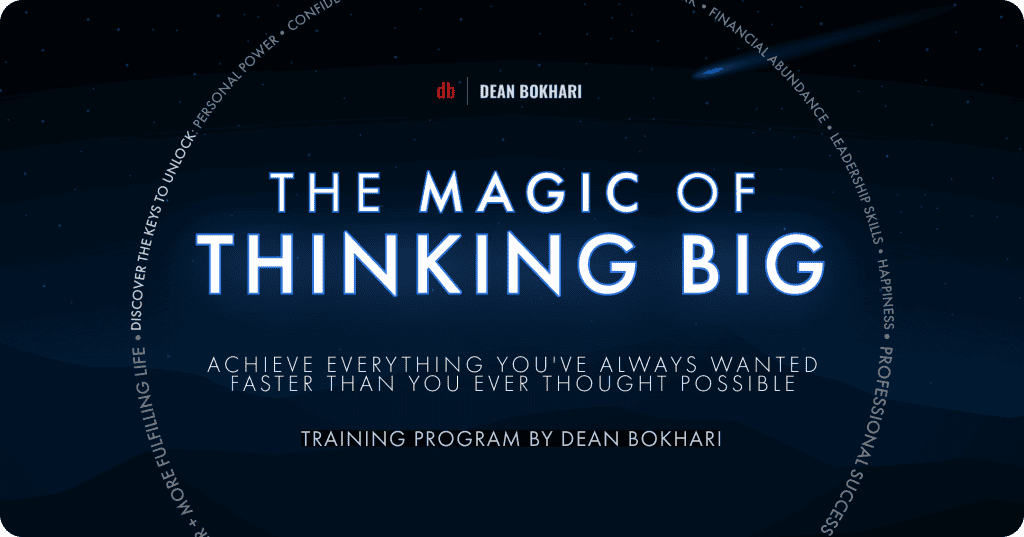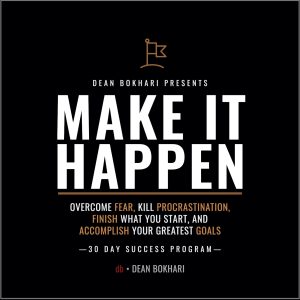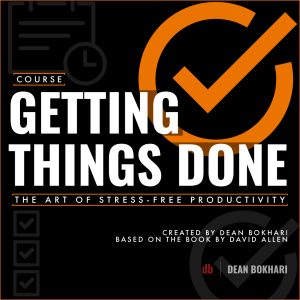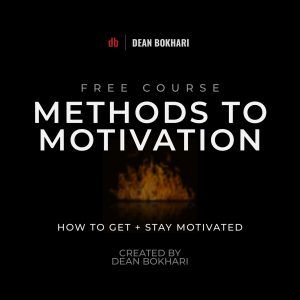Welcome back to this multi-part series, based on The Magic of Thinking Big by Dr. David Schwartz. Here’s what we’ve covered so far: Part 1. Self-Belief, Part 2. Eliminate Excusitis. Here’s what we’re covering today…
Series: The Magic of Thinking Big
Part 3.
Think Big
Probably the greatest human weakness is self-deprecation—that is, selling oneself short. Self-deprecation shows through in countless ways. John sees a job advertisement in the paper. It’s exactly what he would like. But he does nothing about it because he thinks, ‘I’m not good enough for that job, so why bother.’ Or Jim wants a date with Joan, but he doesn’t call her because he thinks he wouldn’t rate with her.
– David Schwartz, from The Magic of Thinking Big
As the quote above alludes to, the vast majority of people undervalue what they can do, and overvalue what others can do. Or, as Schwartz puts it in The Magic of Thinking Big, “Probably the greatest human weakness is self-deprecation.” And he’s not talking about self-deprecating humor here, he’s talking about how often people sell themselves short.
When we self-deprecate, we talk ourselves out of thinking big and dreaming of great success. We convince ourselves that we’re wired for mediocrity, and because we believe it, that’s what happens.
This is why most job applicants aim for entry-to-mid-level positions rather than higher-level positions… When they see a high-paying career opportunity, they immediately assume they aren’t qualified. They might think someone smarter than them is probably also applying, and so they’d be wasting their time going for it. Or maybe they believe they’d get laughed at for even thinking they’d be considered for the opportunity. And as a result, they never even try. Sad, but true.
But what about those people who lack formal credentials, are no smarter than their peers, and appear to be less qualified than most — but still end up in a top position?
Do they know something most people don’t? Are they masters of NLP? Woo-woo practitioners?
No.
It’s not what they know. It’s what they think… More specifically, it’s what they think of themselves.
People who do big things, think big thoughts.
They don’t underestimate their abilities while overestimating others’.
They have high self-efficacy, high self-esteem.
They believe in their worth.
If you find that challenging to do, you’re not alone.
Here’s a simple exercise to turn it around.
Actionable insights
- Sit down, and take a few minutes to write down your five greatest strengths or assets. If you have trouble doing it alone, invite someone you trust to help you with your list – like your wife/husband, a teacher, or an objective friend. What you need here is an honest opinion.
- Examples of strengths/assets commonly listed are: education, experience, technical skills, appearance, attitude, personality, initiative, a healthy personal life, etc.
- Next, under each asset, write the names of three people you know who’ve achieved extraordinary success—but who do not have this asset to as great a degree as you. *
After you’ve completed this exercise, you’ll realize that you know plenty of successful people who don’t have at least one asset or strength to as great a degree as you.
And once you’ve seen this for yourself, you can only come to one conclusion: You’re bigger than you think.
So fit your thinking to your size. Put your worth into perspective. Think as big as you really are—and then some. And never ever sell yourself short.
* This exercise is one of the few forms of comparison I know of that’s actually healthy. In most cases, it’s best to avoid comparing yourself with anyone other than yourself. Avoid unhealthy forms of comparison. It kills your spirit.



